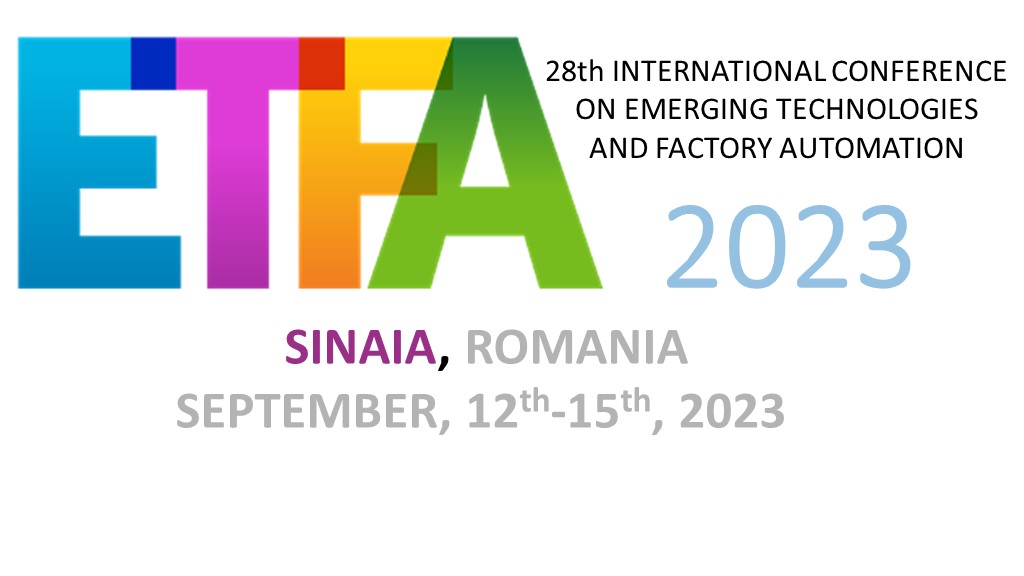WS03 - Fifth Workshop on Advanced Technologies in Industrial Vehicular Systems (DIVERSE)
Workshop Organized by |
|---|
|
Saad Mubeen, Mälardalen University, Sweden and Mohammad Ashjaei, Mälardalen University, Sweden |
Aims and Objectives |
|---|
The innovation in modern vehicles can be largely attributed to advanced computer-controlled functionalities. With the increasing volume of these functionalities, the complexity in vehicular systems has increased enormously over the past few years. For example, the software in a high-end car consists of millions of lines of code running on several tens of distributed Electronic Control Units (ECUs). These ECUs can be connected by five or more different types of on-board networks, such as CAN, CAN-FD, FlexRay and switched Ethernet solutions, including various set of standards such as TSN. Many vehicular functions are constrained by real-time requirements. Hence, the developers of these functions are required to verify their timing predictability at the design time and provide predictable execution environments at run-time. In addition, vehicular systems need to be supported for precise time synchronization, deterministic communications, high-bandwidth and ultralow latency onboard communication, zero congestion loss, reliability, and fault tolerance. These properties are paramount for the next generation of Automated Driving vehicles. The advanced features in modern vehicles also require new levels of computational power and more complex coordination among subsystems. Multi-core ECUs offer a promising solution for running such computation-intensive vehicular functions. However, such advanced ECUs face many challenges due to shared resources. The objective of this workshop is to provide a platform to the researchers and practitioners to present and discuss advanced technologies that can address the challenges faced by the developers of vehicular systems.
Topics under this workshop include (but not limited to) |
|---|
- Models and languages for the development of software architectures
- Onboard network protocols, e.g., CAN, Automotive Ethernet, TSN
- Scheduling and schedulability analysis
- Autonomous vehicles, advanced driver assistance systems, V2X communications
- Advanced computing platforms for vehicular systems, e.g., multi-core
- Safety, security and certification (e.g., according to ISO 26262) aspects in vehicles
- Tool support and industrial case studies for vehicular embedded systems
Download Call for Papers |
|---|
Click here to download the workshop cfp.
Contact for more details |
|---|
If you would like to know more about the workshop, please contact, Saad Mubeen ([email protected]); Mohammad Ashjaei ([email protected]);





